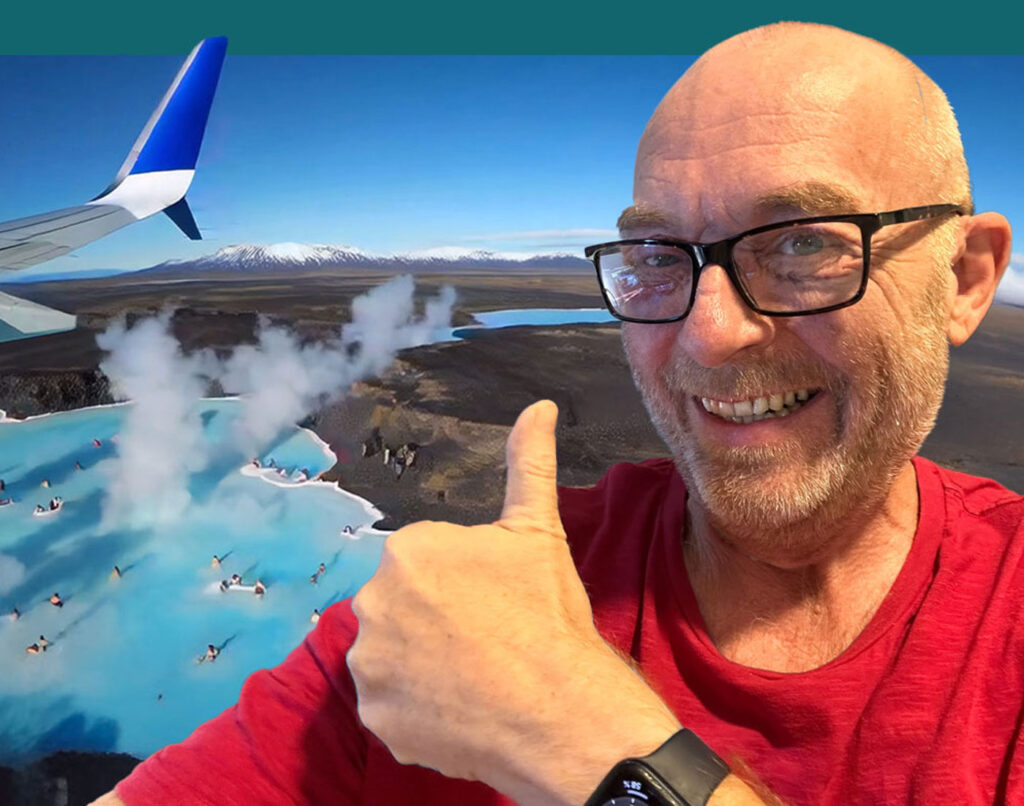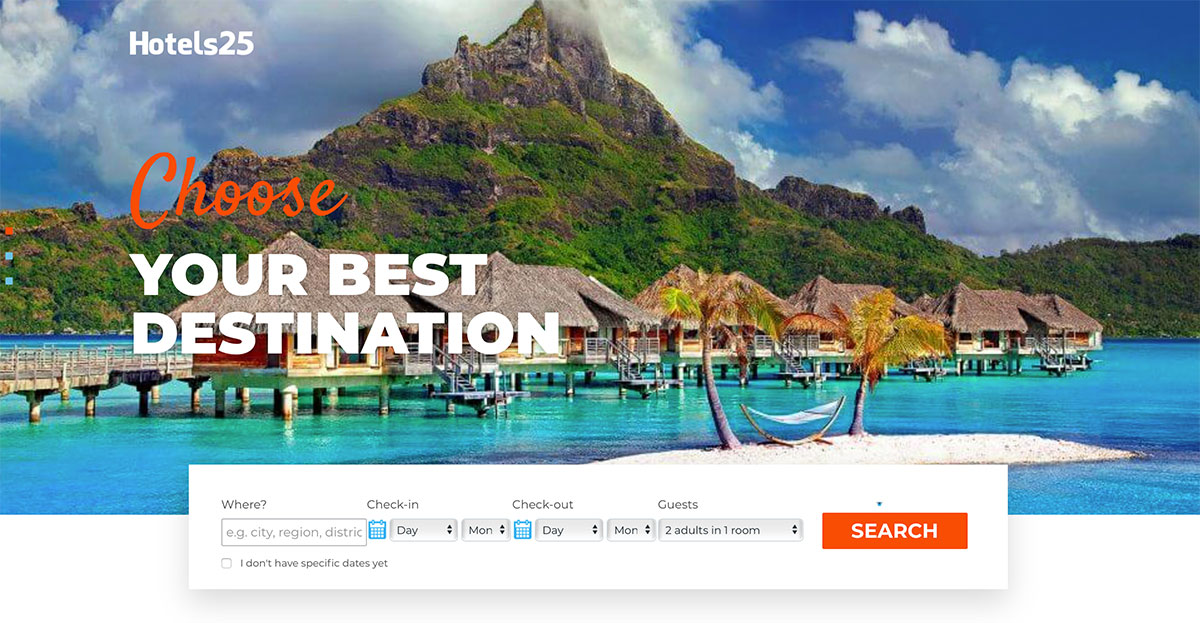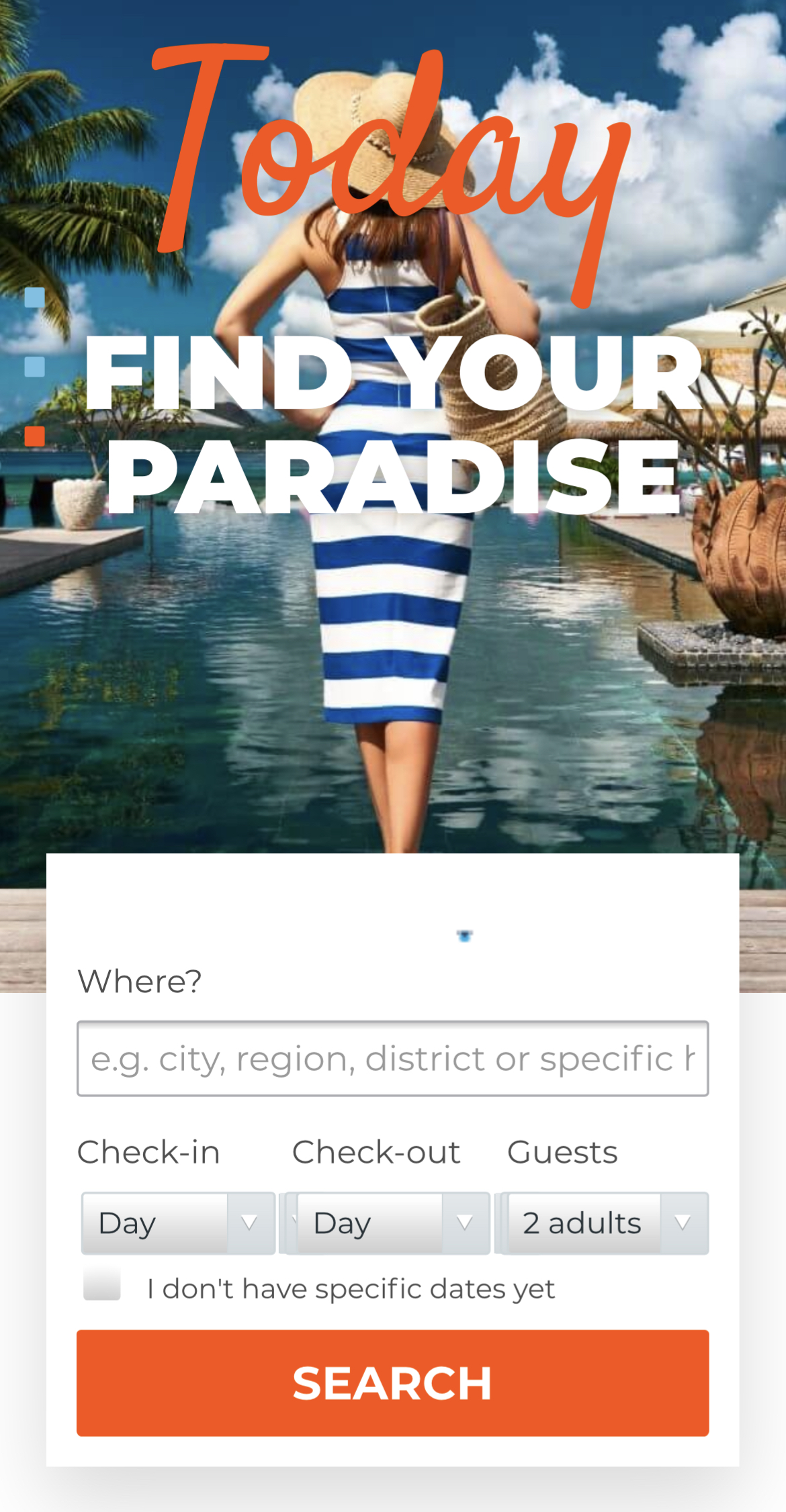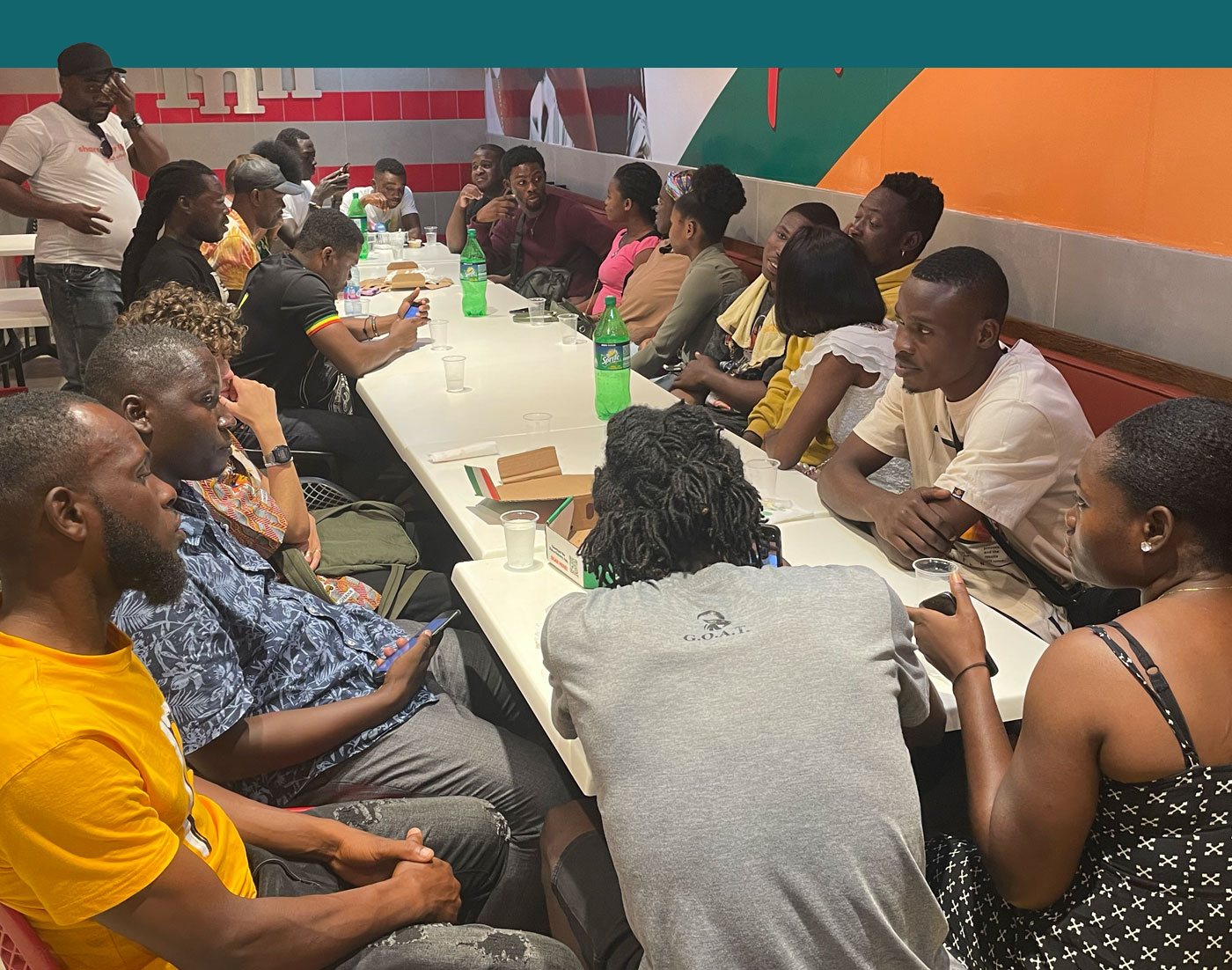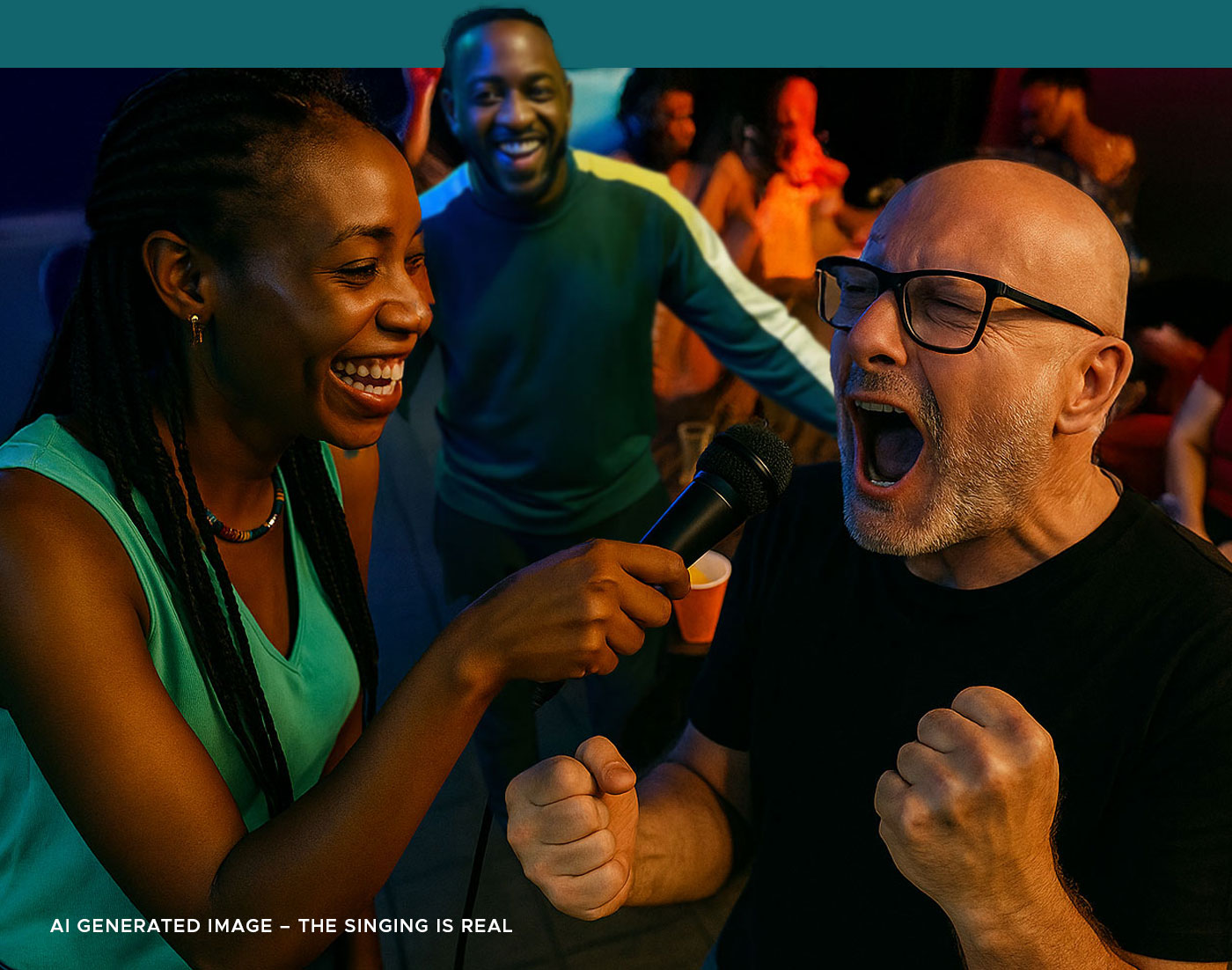A new season of The Radio Vagabond kicks off with an extraordinary journey to Iceland, the land of fire and ice. This episode sets the stage for incredible landscapes, quirky local insights, and unforgettable experiences.
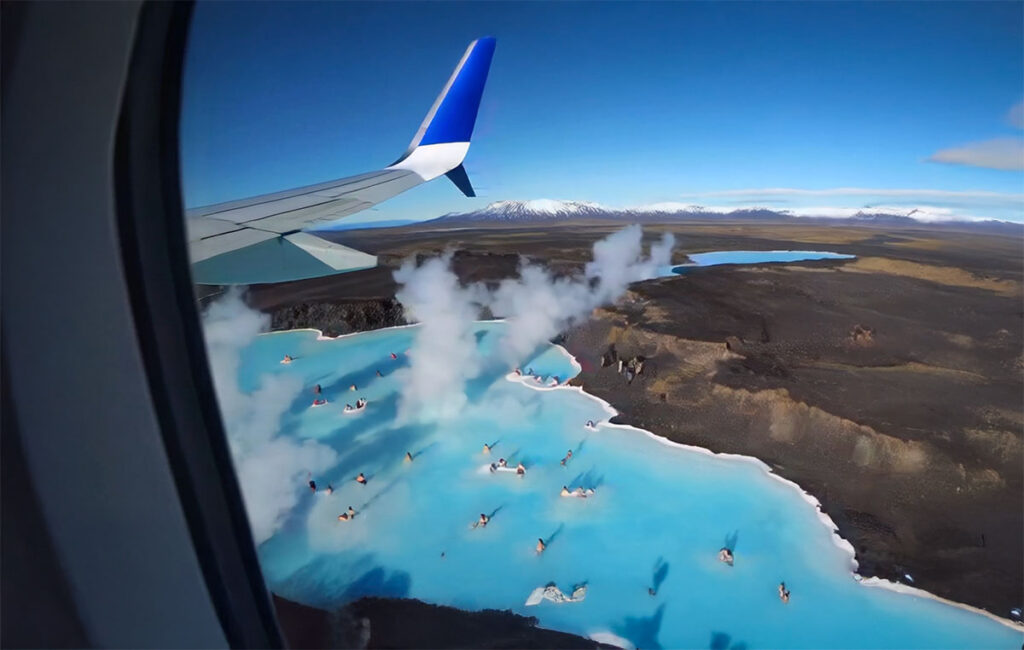
A First Glimpse of Iceland from Above
The adventure begins as the plane descends into Keflavík International Airport. Dark volcanic rocks, moss-covered lava fields, and the famous Blue Lagoon unfold beneath, creating an otherworldly scene. From up here, it looks like someone spilled a giant cup of turquoise milk into a black lava bowl.
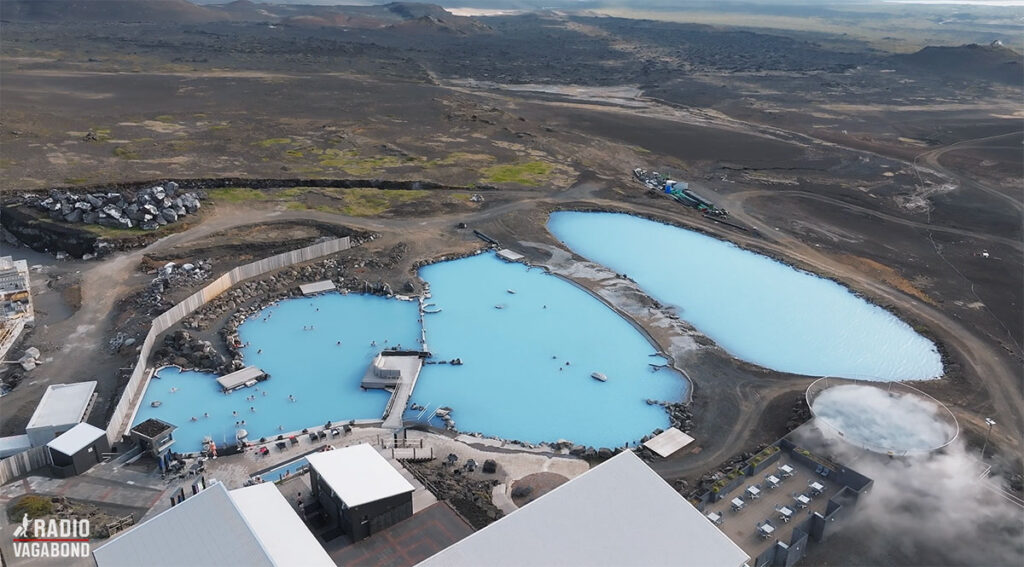
This marks my 44th and final UN-recognized country in Europe. It’s a poetic conclusion to his European travels, promising adventures along dramatic West Iceland landscapes and tongue-twisting destinations like Gullfoss and Þingvellir.
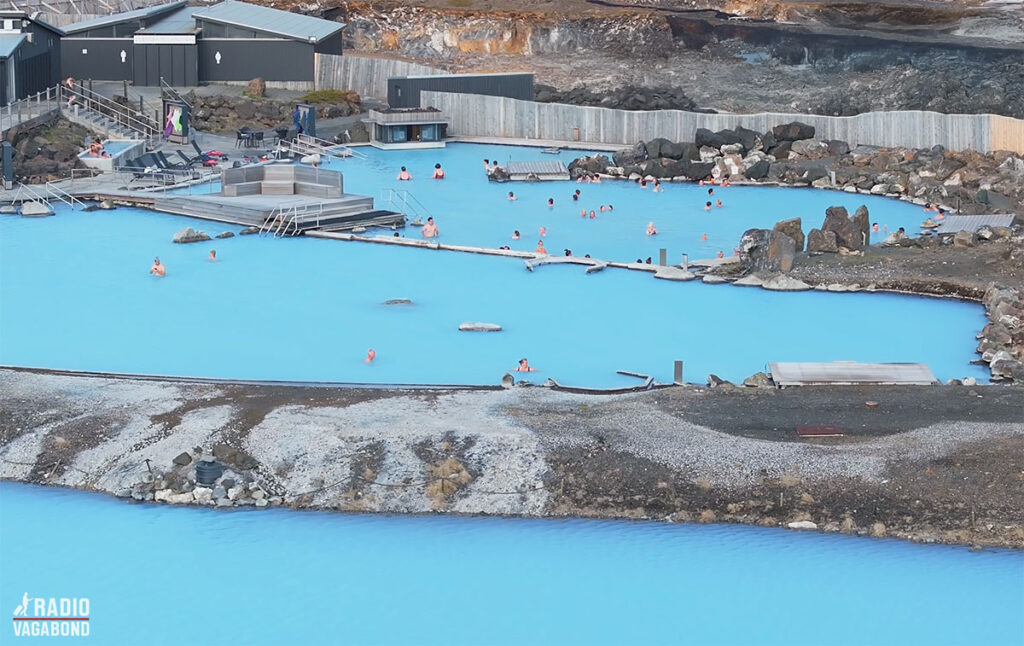
A Detour to the Iconic Blue Lagoon
Before heading to Reykjavik, I stop at the Blue Lagoon, Iceland’s most iconic attraction. Located in a black lava field, this geothermal spa is famed for its milky blue water rich in silica and minerals, believed to have skin-healing properties.
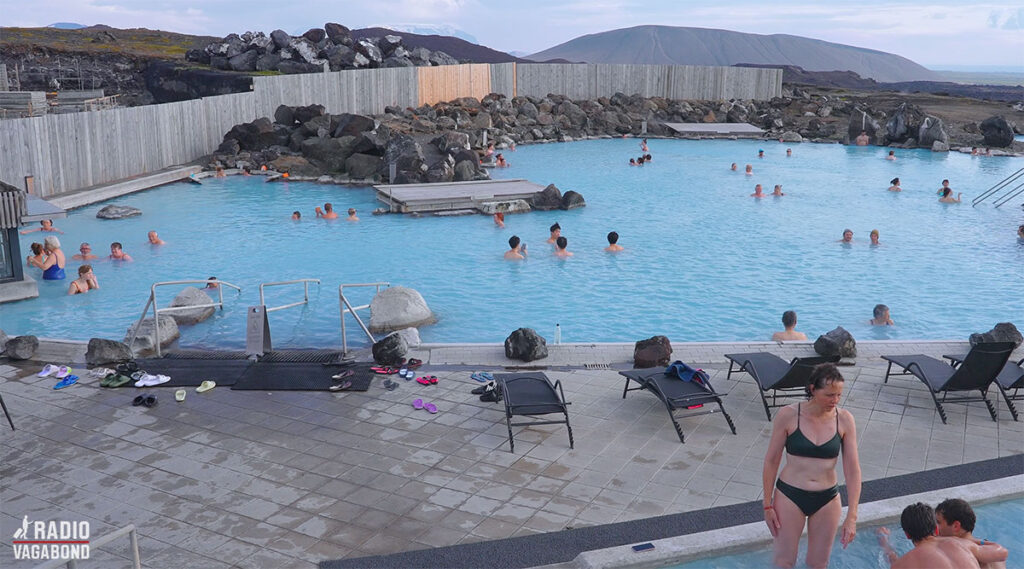
Here are some tips for those planning a visit:
- Book in advance at bluelagoon.com.
- It’s perfect for a quick stop on the way to or from the airport.
- Choose from packages ranging from basic soaks to luxurious spa treatments.
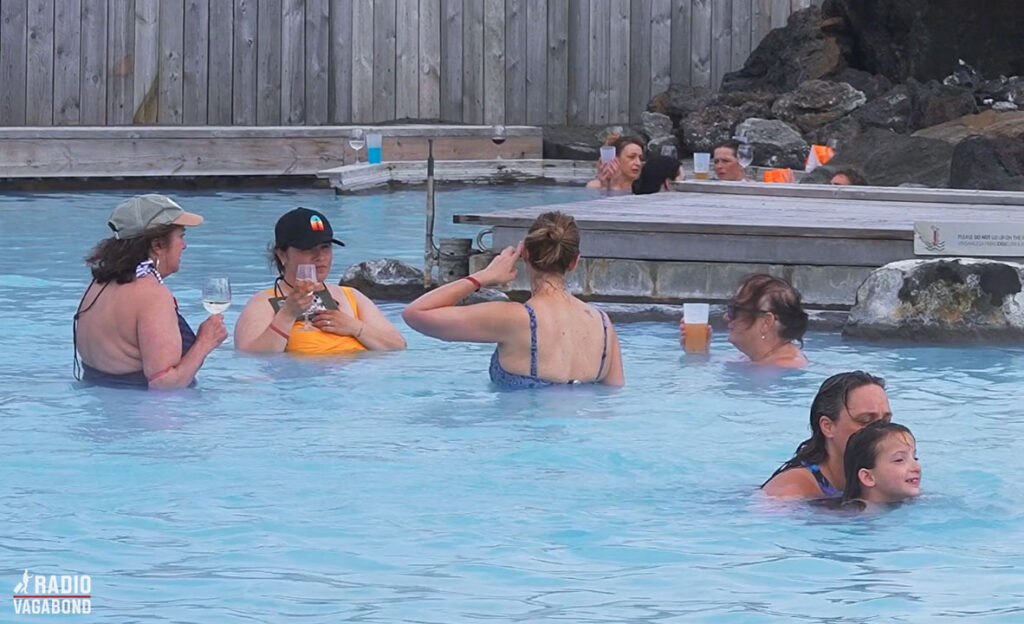
FACTS ABOUT ICELAND
Location
Iceland is a Nordic Island nation located in the North Atlantic Ocean, just south of the Arctic Circle. It sits between Greenland and mainland Europe, making it a gateway between continents.
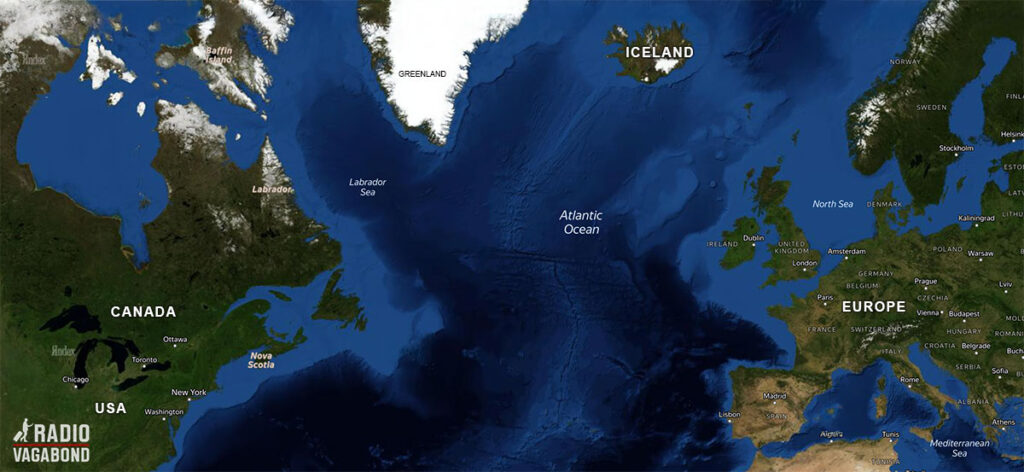
Size and Population
Iceland covers an area of approximately 103,000 square kilometers (39,770 square miles), making it about the size of Hungary or South Korea. Despite its size, it has a small population of around 376,000 people, with more than two-thirds living in the capital, Reykjavik, and its surrounding areas. There are more sheep than people (around 800,000 sheep).
Official Language
The official language is Icelandic, a Nordic language that has remained largely unchanged since medieval times – and crazy difficult. But almost all Icelanders speak English fluently, making it easy for visitors to communicate. In school, Icelandic children typically learn Danish and often pick up additional languages like German, French, or Spanish.
Democracy
Iceland is a well-established democracy with free and fair elections. It consistently ranks as one of the most democratic countries in the world and places high in global freedom indexes.
Economy and Living Standards
Iceland is a rich country with a very good quality of life. People here earn about as much as those in Norway, Switzerland, or the United States. The economy is strong because of fishing, tourism, technology, and renewable energy like geothermal power. Iceland is also known as one of the happiest countries in the world and a great place to live.
Cost of Living
Iceland is expensive. It consistently ranks as one of the most expensive countries in the world. Groceries, dining out, and accommodations can take a hefty chunk of your budget, but the spectacular landscapes make it worth every penny.
Religion
The majority of Icelanders (around 60%) belong to the Evangelical Lutheran Church of Iceland. But religion plays a minimal role in daily life of most Icelanders.
The Flag
The Icelandic flag features a red cross outlined in white on a blue field, symbolizing the island’s connection to Scandinavia (the cross), its volcanic activity (red), ice and snow (white), and the surrounding ocean (blue).
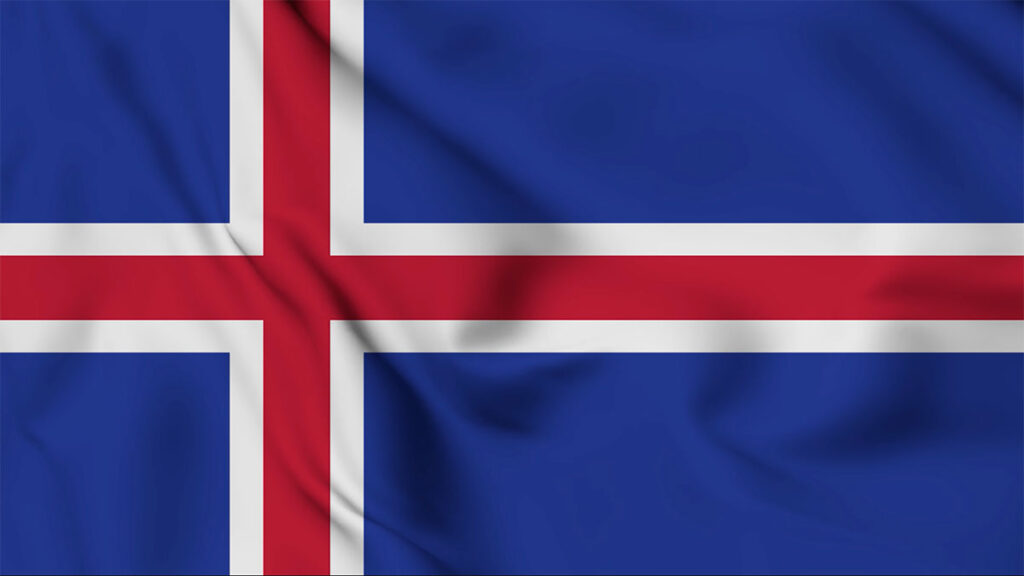
Local Food
Icelandic cuisine is based around fresh, high-quality ingredients. Must-tries include plokkfiskur (a comforting fish stew), skyr (a creamy, protein-rich dairy product similar to yogurt), and lamb hot dogs. Hot dogs that Bill Clinton declared ”the best hot dogs in the world”.
If you’re a more adventurous eater, you can sample hákarl (fermented shark).
Famous People
Vigdís Finnbogadóttir, the world’s first democratically elected female president. That was all the way back in 1980, and she served for 16 years. And of course, Björk, the globally celebrated musician known for her unique voice and experimental sound.
Famous Proverbs
- “Blind is the one who sees not afar.” (A reminder to think beyond immediate circumstances.)
- “Better to wear out shoes than sheets.” (Encouraging an active life rather than laziness.)
- “The more you know, the more you dare.” (Knowledge builds courage.)
WHO ARE YOU?
Please spend five minutes taking a the survey – tell me a bit about who you are and what you would like more or less on here on The Radio Vagabond.
Unveiling Iceland’s Hidden Wonders
One of the highlights of my journey through Iceland is the Golden Circle Route – a 300-kilometer loop packed with breath-taking landscapes and iconic sites. The adventure begins at Þingvellir National Park, a UNESCO World Heritage Site where the North American and Eurasian tectonic plates meet. It’s a place where geology and history collide – literally.
It’s like walking between continents with a dramatic scenery: jagged rocks, crystal-clear streams, and cinematic views that seem pulled straight from a fantasy movie. Þingvellir even served as a filming location for Game of Thrones, adding an extra layer of allure for fans of the show.
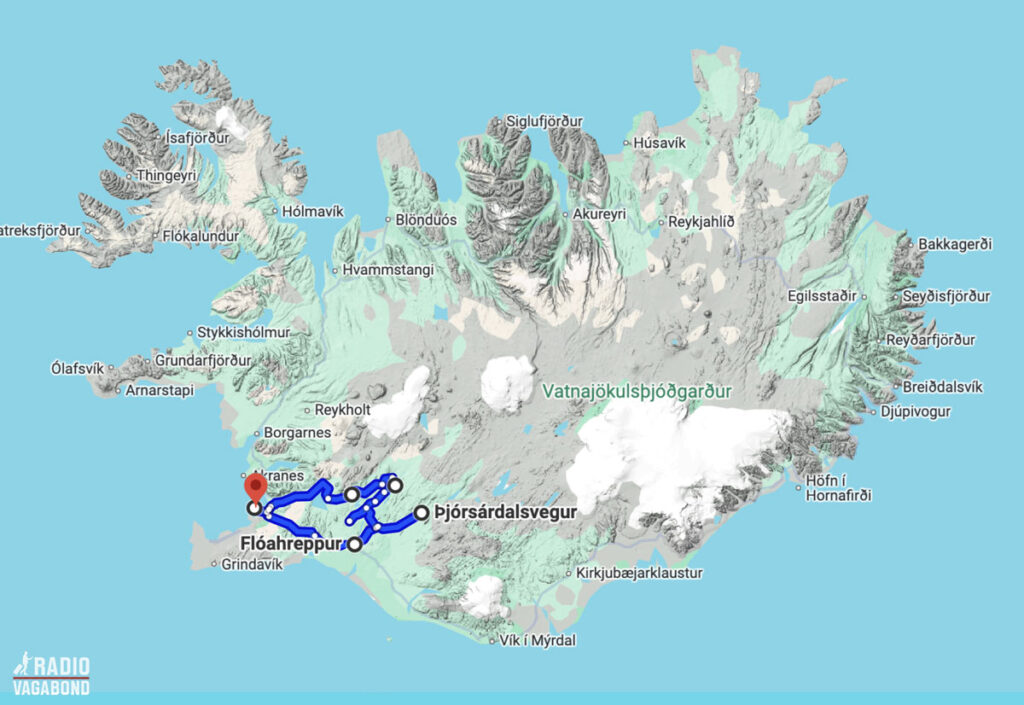
At the Visitor Center, I meet Solar, a local guide with a deep appreciation for this unique spot. While she isn’t an official spokesperson for the park, Solar offers valuable insights into its significance.
“This place is so Iceland,” I remark. “Would you agree?”
“Oh, absolutely,” Solar responds enthusiastically.
“This is where Icelanders have been coming for centuries, not just for the parliament, but also to meet and have a good time. Every summer, people would gather here for two weeks, traveling from all corners of the country.”
Solar explains that Þingvellir was home to the world’s first parliament, known as the Alþingi, established in 930 AD. Can you imagine? Viking warriors, big beards, debating laws right here in the open air.
“They would come from places as far as the east, taking over a week to get here on horseback. It must have been quite the journey!”
So, people came from all over Iceland, even in the middle of summer.
“What was it like to travel across the country back then?”, I ask Solar.
“It was tough, they had to cross glaciers, rivers, and rugged terrain on horseback. Even today, it’s challenging to retrace their routes. But this place was chosen because it was relatively accessible from all parts of Iceland.”
The conversation then turns to the park’s natural beauty. This isn’t just a historical site – it’s also incredibly peaceful.
“Yes, it’s a place that combines history, geology, and serenity,” Solar agrees. “The tectonic plates slowly pulling apart here create stunning cracks and fissures in the landscape. It’s like nowhere else on Earth.”
Solar also shares a unique cultural perspective. “For Icelanders, Þingvellir isn’t just a tourist spot. It’s part of our heritage and identity. Even today, people come here to reflect and connect with nature. It’s a place that feels timeless.”
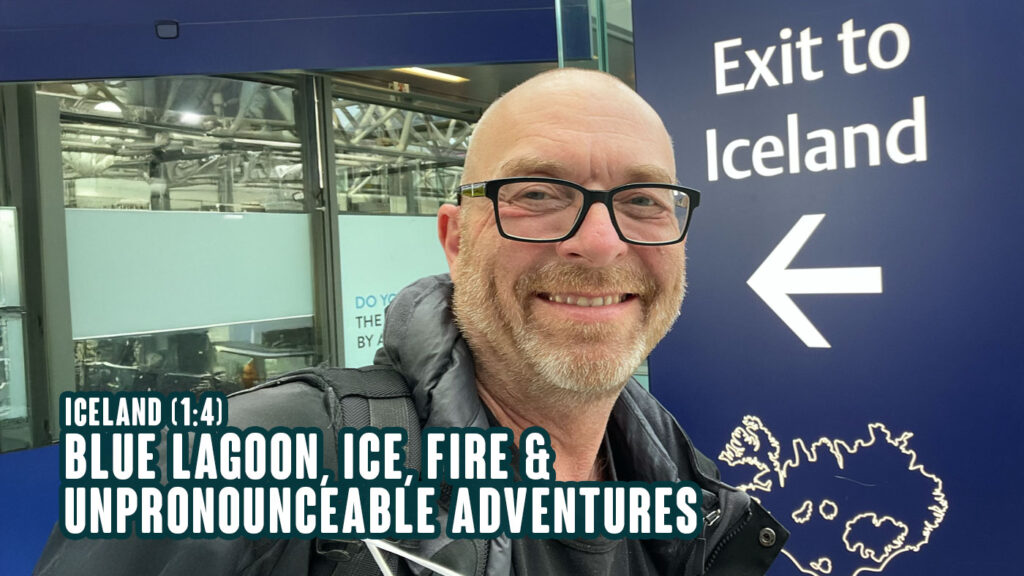
As I walk through the park, I feels the quiet energy Solar mentioned. It’s not just a stop on the Golden Circle – it’s a journey into Iceland’s soul. Whether you’re a history buff, a geology enthusiast, or someone simply seeking awe-inspiring views, Þingvellir offers something truly special.
This memorable encounter with Solar sets the stage for more incredible discoveries along the Golden Circle Route, including Gullfoss and Geysir. Stay tuned for the next leg of the adventure!
Fun Facts:
What Iceland Doesn’t Have
Iceland’s uniqueness isn’t just about what it has, but also what it doesn’t:
No Mosquitoes
Despite its wetlands and mild summers, Iceland has no mosquitoes. Not a single one.No McDonald’s
McDonald’s left Iceland in 2009, and the country hasn’t had a single location since. Not a single one. The last burger and fries sold were put on display in a glass case at the National Museum of Iceland.No Army
The country has no military force, relying on NATO for defence, and is considered one of the most peaceful places on Earth. But no soldiers. Not a single one.No Trains
It’s the only European country with no railway system. There are no trains in Iceland. Not a single one.No Last Names in the Icelandic Phonebook
Well, they don’t really use the phonebook nowadays, but when they did, it listed people by their first name, followed by their profession or address. No last names. This is because most Icelanders don’t have family surnames. Instead, they use a system where they take father’s first name and add son/daughter. Say, a man named Jón have a son his last name would be Jónsson (“Jón’s son”) or a daughter with a last name Jónsdóttir (“Jón’s daughter”).No Guns in the Hands of Icelandic Police Officers
Icelandic police officers do not typically carry guns. They have one of the lowest crime rates in the world, so the need for firearms is minimal. But there is a special armed police unit that is trained to handle situations requiring firearms. This unit is called ”The Viking Squad”. I’m not kidding. But overall Iceland is one of the safest countries and has one of the lowest crime rates in the world. Many people don’t even lock their doors.
THE WEATHER
If you’re planning a trip, here’s the lowdown: Iceland doesn’t really do extremes, unless you count the wind that can slap you sideways like an unruly Viking.
Winter temperatures? Surprisingly mild for a country with “ice” in its name, hovering around -1°C to 4°C (30-39°F). Summers? A cool 10-15°C (50-59°F), so leave your tank tops at home unless you’re really committed to shivering stylishly.
Now, let’s talk daylight. In the winter, Iceland gets as much sun as a Netflix binge-watcher – just 4-5 hours a day. But come summer, the sun pulls an all-nighter, refusing to set. They call it the Midnight Sun, and it’s as magical as it is confusing when you’re trying to figure out if it’s 3 PM or 3 AM.
So, when’s the best time to visit? If you love chasing the Northern Lights, aim for winter. But if you prefer hiking without an ice pick and want to see Iceland in full bloom (yes, it has flowers, not just moss), summer is your jam. Just be prepared for all four seasons in a day – rain, shine, wind, and the occasional sideways sleet. That’s just Iceland keeping you on your toes.
So, to sum it up: Despite being close to the Arctic – and ice in the name, their summers are mild, and thanks to the Gulf Stream, the winters are not as freezing as you’d expect.
In fact, Iceland is greener than Greenland and Greenland have more ice than Iceland.
More Icelandic Adventures to Come
This episode is just the beginning. Upcoming episodes will explore Icelandic waterfalls, geysers, and even local dating customs tied to their unique family trees. Stay tuned as The Radio Vagabond continues to unravel the magic of Iceland, one magnificent moment at a time.
Have you visited Iceland or dream of going? Let us know your thoughts in the comments or on social media. And don’t miss the next episode, packed with even more unforgettable experiences from the land of fire and ice!
My name is Palle Bo, and I gotta keep moving. See you.
I WOULD LIKE TO HEAR FROM YOU!
Please tell me where are you and what are you doing as you listen to this episode? You can either send me an email on listener@theradiovagabond.com, go to TheRadioVagabond.com/Contact or send me a voice message by clicking on the banner.
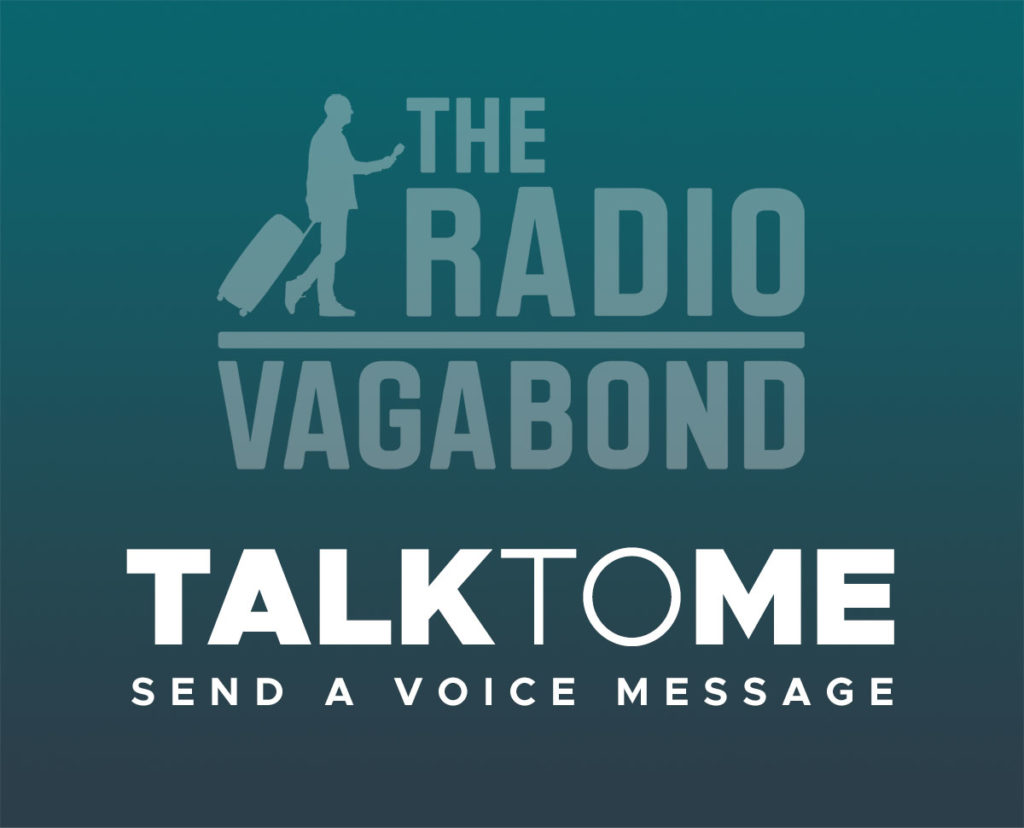
Either way, I would love to hear from you. It’s so nice to know who’s on the other end of this.
SPONSOR
A special thank you to my sponsor, Hotels25.com, who always provide me with the best, most affordable accommodation wherever I am in the world.
Hotels25 scans for prices on the biggest and best travel sites (like Booking.com, Hotels.com, Agoda and Expedia) in seconds. It finds deals from across the web and put them in one place. Then you just compare your options for the same hotel, apartment, hostel or home and choose where you book.
When you book with Hotels25, you get access to 5,000,000 hotel deals. And it’s “best price guaranteed.”
PRODUCED BY RADIOGURU
The Radio Vagabond is produced by RadioGuru. Reach out if you need help with your podcast.

